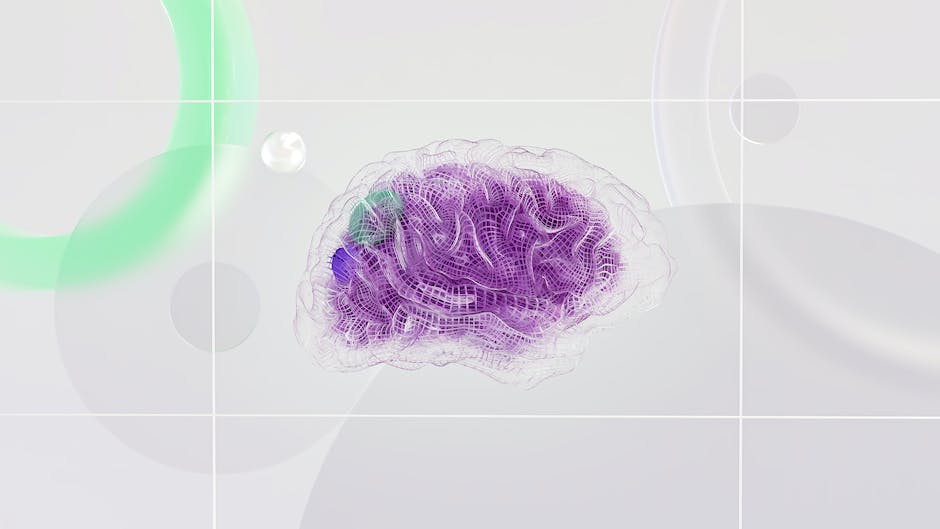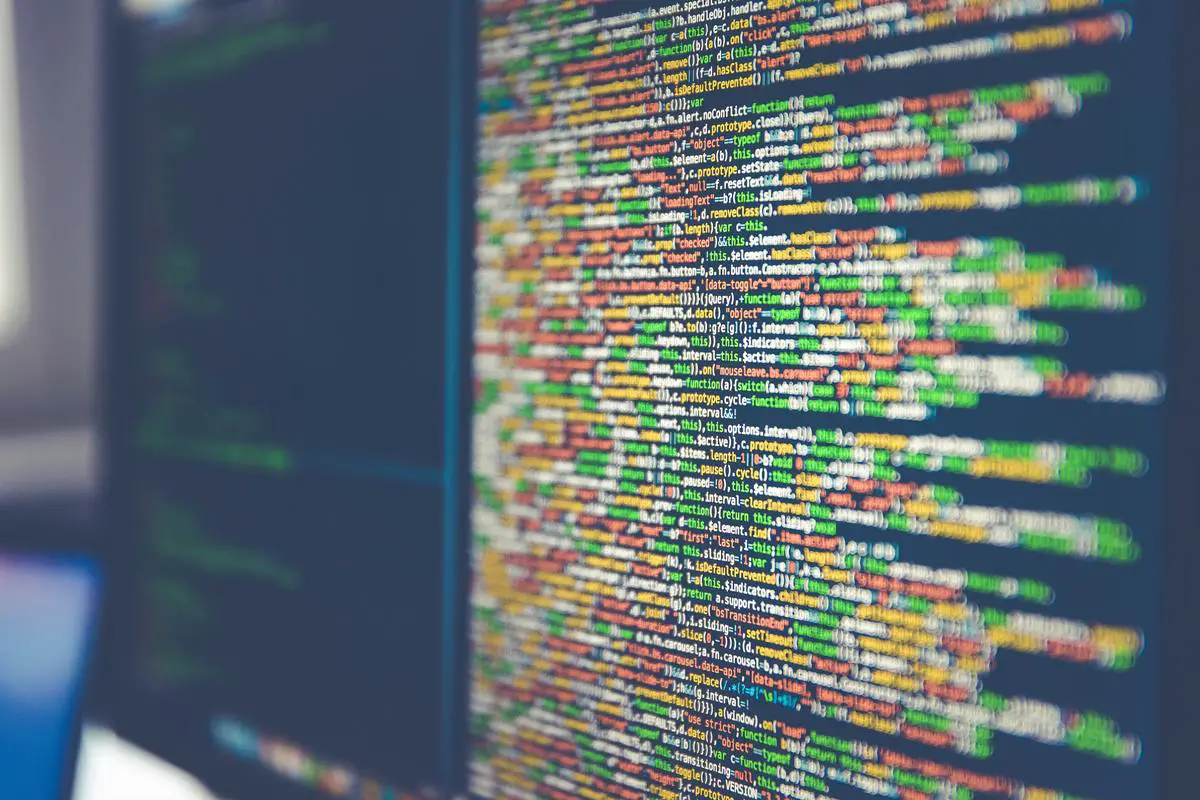The advent of Artificial Intelligence (AI) and its pervasiveness in various aspects of life, significantly influences the realm of software engineering. As a result, the traditional methods of coding, development processes, project management, and testing now testify to marked shifts emphasizing the mutual evolution of AI and software engineering. The intricate relationship between the broad-spectrum concept of AI, spanning machine learning, natural language processing, and robotics, and the fundamentals of software engineering warrants an insightful exploration, to assess the depth of AI’s integration in the software industry. From automating coding processes to influencing crucial decision-making, AI’s grip on software engineering reshapes how professionals approach and solve problems in the industry.
Understanding AI and Software Engineering
Understanding Artificial Intelligence
Artificial Intelligence, also known as AI, is a branch of computer science that aims to imbue software with the ability to analyze its environment, make decisions and perform tasks with various degrees of autonomy. This is achieved by creating algorithms that allow machine learning and pattern recognition, which essentially provide the software the ability to “learn” from experience. There are different types of AI – from simple rule-based systems to complex machine learning models and natural language processing algorithms.
Key Components of AI: Machine Learning, Natural Language Processing and Robotics
Machine learning is a subset of AI where the systems can learn and improve from past experiences without being explicitly programmed. These systems use algorithms to parse data, learn from it and make predictions or decisions. Natural Language Processing (NLP) is another crucial field in AI, it deals with the interaction between computers and humans using natural language. NLP enables machines to understand and respond to text or spoken words in a human-like manner.
Robotics is another significant sector where AI is being widely applied. Aside from manual tasks, robots are becoming increasingly capable of performing tasks that require cognitive abilities. While traditional robots were programed to perform a specific task, AI-powered robots have the capacity to learn from their environment and make decisions on their own.
Understanding Software Engineering
Software Engineering is a detailed study of designing, implementing, and modifying software to ensure it is of high quality, affordable, maintainable, and fast to build. It involves systematic processes and methodologies that are used to produce quality software, including coding, development processes, testing, and project management.
The Impact of AI on Software Engineering
Artificial Intelligence (AI) has brought about radical changes in the field of software engineering, revolutionizing traditional approaches and ushering in innovative practices. By assisting in the code writing phase, AI has managed to streamline the process considerably. AI-based tools now aid software engineers in creating effective code, error-free, offering suggestions on how to maximize efficiency and optimize the code.
In terms of development processes, AI has managed to automate mundane aspects of software development, such as initial coding, debugging, data operations, and testing. Not only has this led to a significant efficiency spike, but it has also minimized risks associated with human errors, freeing up human resources to tackle more complex operations.
AI’s role in testing is also noteworthy as it auto-generates test cases based on software requirements, eliminating much of the need for manual testing, a process that saves both time and effort. It can also predict potential future failures by analyzing historical data, allowing for proactive software maintenance.
In the realm of project management, AI-facilitated tools have come to the rescue, estimating resources and cost, aiding in risk management, task assignment, and tracking performance. These tools leverage historical data and machine learning algorithms, resulting in accurate predictions that raise efficiency and effectiveness in project management.
AI has undoubtedly amplified the creative potential and productivity of software engineers through these advancements. As AI technology continues to develop and reach new milestones, its influence on software engineering is bound to grow.

AI in Software Development and Testing
Incorporation of AI in Software Development
In the landscape of software development, AI has found its place as an indispensable tool for automating various coding operations. One of its most significant contributions is the automation of basic duties such as code generation. This reduces the burden on software developers and frees up their time to probe more complex problems and innovate. This is accomplished using technologies like natural language processing (NLP), which allows developers to give commands, which the AI system translates into code.
Improving Code Quality with AI
Another significant influence of AI on software engineering is its ability to bolster code quality. AI algorithms, when trained on a vast amount of source code data, can identify and suggest best coding practices that adhere to the industry standards. It can also anticipate developer actions and provide smart suggestions in real-time. Moreover, AI can assist in refactoring code, which is the process of restructuring existing code without changing its external behavior to improve nonfunctional attributes. This assistance leads to cleaner code, which is easier to understand, requires fewer resources to maintain, and is more efficient in terms of execution speed.
AI in Bug Detection and Vulnerability Assessment
AI has also made strides in enhancing the security of software. It facilitates the detection of bugs and vulnerabilities in software systems by analyzing patterns in the source code and identifying anomalies that could potentially translate to risks or errors. Traditional bug-detection approaches can be time-consuming and prone to human error. However, AI can provide more comprehensive code analyses in less time, thus improving software robustness. The implications of this are profound for sectors where software reliability is critical, such as healthcare, finance, and aerospace.
AI in Software Testing and Quality Assurance
AI’s influence extends into software testing and quality assurance as well. AI can automate test cases, which reduces the burden on quality engineers and speeds up the process. It can also aid in predictive analysis, assessing how software systems might behave in future scenarios and highlighting potential performance or security issues. Furthermore, AI can prioritize test cases based on their importance, complexities, and the risk factor associated with them. Hence, it ensures that the most critical bugs are caught and rectified at an early stage, thereby enhancing the overall quality of the software.
In a multitude of ways, AI’s considerable influence on software engineering is clear. This intelligent technology not only paves the way for streamlining and expediting the software development process but also enhances code quality, fortifies software security, and reinforces testing methods and quality assurance in software. With the continuous progression of AI, an amplified impact on software engineering is predicted, leading to substantial improvements in efficiency and reliability.

Photo by markusspiske on Unsplash
AI in Project Management and Decision Making
AI’s Role in Project Management within Software Engineering
Artificial Intelligence, through steady integration, has become a critical component in various aspects of software engineering, especially in the realm of project management. AI-powered tools infused with predictive technologies, such as machine learning algorithms, are becoming increasingly common for predicting project outcomes. By scrutinizing historical data and implementing predictive modeling, these innovations can envisage future scenarios, thereby enabling project managers to foresee obstacles, spot probable risks, and make decisions that are data-backed and well-informed.
Predictive Analytics
The application of AI in predictive analytics forms a synergy that revolutionizes project management in software engineering. Predictive analytics using AI encompasses techniques like Machine Learning, Data mining, and statistical modeling. This helps to identify patterns in existing project data and predict future outcomes and trends. It could predict potential project risks, team performance, project completion time, or even predict the success of the software before its completion.
Risk Assessment
Risk assessment in software engineering projects could be an arduous process. But when AI does the heavy lifting, it becomes exponentially more efficient. Through predictive analytics, AI can forecast potential risks in the project lifecycle. AI can also sort these risks based on their impact and likelihood. This prior warning allows the project manager to strategize and prepare both preventive and contingent actions in advance.
Project Scheduling and Management
AI can revolutionize project scheduling by not just automating task scheduling but also predicting the most effective way to do it. The AI can analyze countless alternatives and suggest the most optimized schedule based on the resources available, priority of tasks, and estimated completion time. AI, coupled with Machine learning, can study an organization’s work patterns and recommend optimized workflow, thus aiding in effective project management.
Optimized Decision-Making Process in Software Engineering
AI proves instrumental in optimizing the decision-making process in software engineering. By leveraging AI’s ability to process large data volumes quickly, project managers can make data-driven decisions. Decisions on resource allocation, load balancing, risk mitigation, or even greenlighting a software release can be made swiftly and effectively, ensuring the efficient execution of the project.
Furthermore, AI can also bring transparency to the decision-making process by making it traceable. All suggested decisions are linked to data points, and therefore, the decision-making process can always be audited or reviewed, boosting confidence in the decisions made.
Observably, the progression of software engineering is intricately entwined with the advancements in AI, with the latter significantly shaping the former’s future. Specific areas within software engineering like project management, decision-making, and risk assessment are witnessing a revolutionary change brought about by AI’s capabilities. AI’s predictive analytics and task efficiency make it not just a desirable, but also an indispensable tool in the dynamics of software engineering.

Challenges and Ethical Considerations
AI-Driven Shift in Data Privacy and Security Dynamics in Software Engineering
However, AI’s integration into software engineering isn’t all sunshine and rainbows—it brings forth its share of clouds, specifically around data privacy and security. AI’s functionality being heavily dependent on the availability of copious amounts of data, especially personal information for machine learning and predictive analysis, dramatically heightens the risk of data breaches. This is because large data repositories invariably turn into lucrative targets for cybercriminals. Consequently, the onus is on software engineers to develop powerful security measures and encryption mechanisms to safeguard the integrity of the accumulated data. Furthermore, it necessitates the formulation of transparent data collection policies to ensure the preservation of user privacy rights. This becomes particularly crucial in the context of stringent regulations such as the General Data Protection Regulation (GDPR).
Bias in AI Algorithms: A Challenge in Software Engineering
AI applications have shown tendencies to exhibit bias, reflecting the prejudices inherent in their development or training data. Instances where AI applications have demonstrated racial, gender, or other forms of discrimination have raised questions about the ethical implications of using AI in software development. These biases could distort decision-making processes in systems ranging from applicant tracking in human resources to facial recognition in security systems. Therefore, software engineers must create strategies for training AI systems on unbiased data and ensuring the algorithms do not inadvertently learn discriminatory behaviors.
The AI-Driven Job Displacement Threat
Advances in AI and automation have created concerns around job displacement in various industries, including software engineering. Machine learning algorithms and artificial intelligence systems can now handle tasks like debugging, code generation, and even testing, which were traditionally human activities. While this evolution increases productivity, it also introduces concerns about the potential loss of jobs to AI systems. Both organizations and individuals need to be aware of this shift and plan for reskilling and upskilling opportunities to stay relevant in the AI-integrated software engineering field.
Regulating the Use of AI in Software Engineering
Regulation is a crux in AI’s influence on software engineering, particularly because AI applications can have profound societal impacts. While there are evident benefits from the integration of AI into software systems, some risks need regulation. For instance, the use of AI in critical areas like healthcare or transportation demands cautious attention due to the high cost of errors. Governments worldwide are in the process of drafting and implementing regulations on how AI can be used, placing an ethical responsibility on software engineers to align their AI practices with these regulatory frameworks. National and international laws and industry-specific regulations will likely shape the future course of AI in software engineering.
The Ethical Responsibility of Software Engineers in the AI Era
As AI becomes a more prominent element in software engineering, ethical practices and responsibilities carry even more significant weight. Software engineers must carefully address issues like security, privacy, fairness, and transparency in their design and development processes. Importantly, they need to ensure the ethical use of AI while balancing innovation and compliance with regulations. Ethical guidelines for AI usage are now a necessary part of any software engineering project involving AI, with engineers needing training in recognizing, preventing, and addressing bias, privacy invasion, and other ethical dilemmas. Without such steps, the misuse of AI could lead to harmful outcomes, underscoring the need for software engineers to create AI systems cleanly, transparently, and most importantly, ethically.

While the application of AI in software engineering brings a host of benefits, it also hints at a slew of challenges and ethical dilemmas that need addressing. Concerns regarding job displacement due to automation, potential bias in AI algorithms, and the imperative issues of data privacy and security call for a responsible and thoughtful application of AI. Regulatory frameworks are drawn to monitor the usage of AI in software engineering, ensuring the adaptability and ethically sound application of AI. As we navigate deeper into the world of AI-integrated software engineering, the intersection poses exciting opportunities and pertinent challenges, mandating the need for continued exploration, study, and organized application of AI within the realm.
